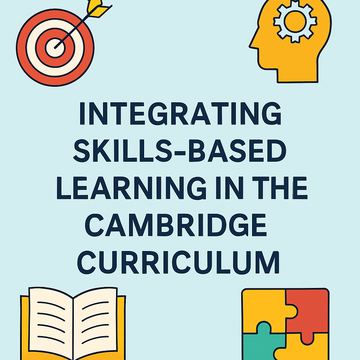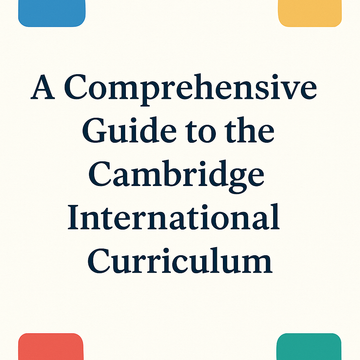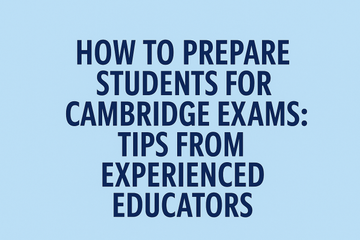Introduction
The Cambridge curriculum emphasizes the development of transferable skills alongside academic knowledge. Integrating skills-based learning prepares students for real-world challenges and fosters lifelong learning habits.
Body
-
Critical Thinking Exercises: Incorporate activities that challenge students to analyze and evaluate information.
-
Collaborative Projects: Encourage group tasks that promote teamwork and communication skills.
-
Real-World Applications: Link theoretical concepts to practical scenarios to enhance relevance.
-
Inquiry-Based Learning: Foster curiosity by allowing students to explore topics through questions and research.
-
Reflective Practices: Implement journals or discussions that encourage students to reflect on their learning processes.
-
Interdisciplinary Approaches: Combine subjects to show the interconnectedness of knowledge and skills.
Conclusion
By focusing on these strategies, educators can prepare students for the complexities of the modern world. Skills-based learning not only enhances academic performance but also equips learners with the tools necessary for personal and professional success. Find out more at www.myciesource.com




